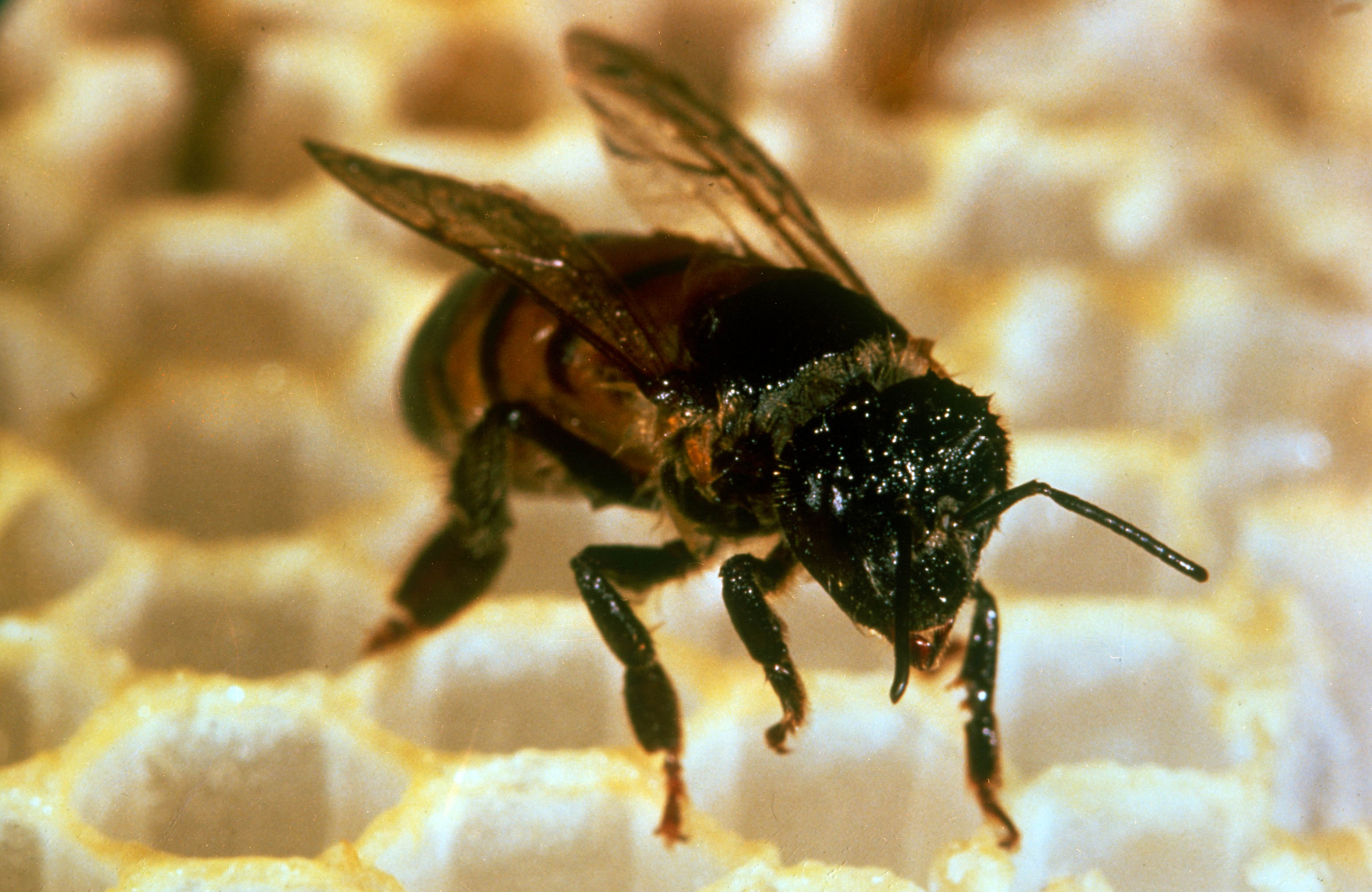Killer bees arrive in Tennessee
Friday, January 1, 1904
IF YOU'RE ATTACKED• Run.• Cover your head with a shirt or jacket. Africanized bees target the face and head.• Never stand still or get boxed into a place where you can't escape the attack.• Seek immediate shelter in an enclosed space where you can isolate yourself from the bees.• Do not attempt to rescue a victim without the proper protective gear and training; doing so could make you the second victim.Source: Tennessee Department of Agriculture
Mike Studer is going to kick a lot of beehives in the coming days and, if he's lucky, only a few hundred insects will attack him.
If the whole hive -- up to 100,000 bees -- retaliates, he'll have found another group of Africanized bees that recently reached Tennessee.
Studer is the apiarist, or beekeeper, for Tennessee's Department of Agriculture, which on Monday confirmed the state's first case of Africanized bees -- the so-called "killer" bees.
The bees were found at a registered apiary in Monroe County, just north of Polk County on the Tennessee-North Carolina state line, said department spokesman Tom Womack.
He believes the beekeeper accidentally bought Africanized bees from a dealer in another state last year, though Womack said he isn't ready to discuss specifics.
The bees were docile for months but turned on the apiarist a few weeks ago, Womack said. The state sent some bees to a Florida lab for DNA testing, which confirmed both European and African genes.
Studer was called to seal the hive and pump it with lethal doses of ether.
"He feels pretty confident that we got the original queen," Womack said of Studer.
Womack encouraged Tennesseeans not to panic. The tested bees' DNA was only 17 percent Africanized, he explained, far lower than "true" Africanized bees, which are at least 50 percent.
Brazilian apiarists bred the European-African hybrids in the 1950s. Since then, they've swept through South and Central America and spread to large parts of California, Arizona, New Mexico, Texas, Oklahoma and Florida as well as parts of Louisiana, Arkansas, Mississippi and Georgia.
Steve McCloud, owner of the apiary at the Pigeon Mountain Trading Co. in Walker County, Ga., said Africanized bees are dangerous for three main reasons:
• They may attack a human who gets within 50 yards of a hive.
• Every member of the hive will attack.
• They will pursue victims for up to a quarter mile.
McCloud owns an apiary in Oaxaca, Mexico, that is entirely Africanized and said the bees have one large advantage to European honeybees.
"The African bees make more honey than the Italian bees," he said.
Africanized apiaries produce about 25 percent more than ones that use only European bees, McCloud said. By law, U.S. beekeepers are forbidden to mix their bees with Africanized ones, but McCloud believes many U.S. beekeepers would hybridize their hives if it became legal.
"They are very efficient producers of honey," agreed second-generation apiarist David Reed, owner of Erma's Bees in Hamilton County. "I don't think we would leap to using Africanized bees. I seriously doubt it. ... But they are manageable [for professionals]."
Studer said the idea that Africanized bees are more productive is only a myth. He believes Africanized bees are no more efficient than their European counterparts and actually store less honey once they make it.
Reed added that it would be a logistical nightmare to keep the Africanized bees in a large-enough area to work while keeping them away from the public.
"Africanized bees are not something for the average person to deal with," McCloud emphasized.
Africanized bees are deeply entrenched in Florida and reached South Georgia two years ago.
As for Africanized bees settling for good in Tennessee, Womack explained that "Africanized bees typically will not survive our winter conditions." But the state's more-docile European honeybees often freeze or starve as well, forcing beekeepers such as the one in Monroe County to import queens and workers.
Pounds of bees arrive from Florida and South Georgia every spring, Reed explains.
Mike Evans, who oversees beekeepers for the Georgia Department of Agriculture, said Africanized bees can spread much more quickly than their European counterparts.
When a hive gets large enough, it will produce a new queen, who will take half the workers to establish a new hive, he said. European bees do this two or three times a year, but Africanized hives can split as many as 12 times a year, Evans explained.
Experts on all sides are quick to point out that Africanized bees are not automatically aggressive, just as not all European bees are docile. Apiarists in Central America are currently trying to breed the fight out of their Africanized hives.

